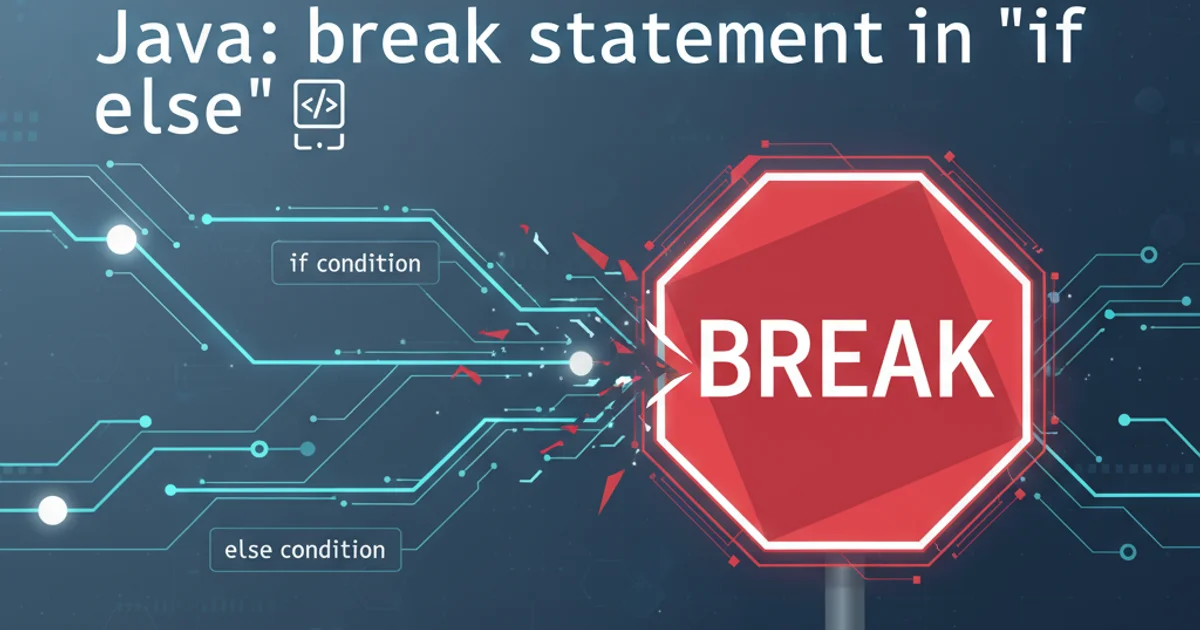convert phone number into words
Categories:
Converting Phone Numbers to Words in Ruby

Learn how to transform numeric phone numbers into their word equivalents using Ruby, leveraging arrays and hash maps for efficient mapping and processing.
Converting phone numbers into their word representations can be a fun and practical exercise, especially when dealing with systems that require verbalization or for creating memorable vanity numbers. This article will guide you through building a Ruby solution to achieve this, focusing on clarity, efficiency, and extensibility using fundamental data structures like arrays and hashes.
Understanding the Core Logic
The primary challenge in converting numbers to words is mapping each digit to its corresponding word. For single digits (0-9), this is straightforward. For numbers like 10-19, they have unique word forms. Numbers 20-90 (in tens) also have specific forms, and then combinations are made (e.g., twenty-one). Phone numbers, however, are typically read digit by digit or in small groups, rather than as large numerical values. For example, '555-1234' is usually read as 'five five five one two three four', not 'five hundred fifty-five thousand one hundred thirty-four'. Our approach will focus on this digit-by-digit conversion.
flowchart TD
A[Start] --> B{Input Phone Number}
B --> C{Clean and Validate Input}
C --> D{Initialize Word Mapping (Hash)}
D --> E{Iterate Through Each Digit}
E --> F{Look Up Digit in Mapping}
F --> G{Append Word to Result}
G -- If more digits --> E
G -- No more digits --> H[Return Word Representation]
H --> I[End]Flowchart illustrating the process of converting a phone number to words.
Setting Up the Digit-to-Word Mapping
The most crucial component is a reliable mapping from digits to their word equivalents. A Ruby hash is perfect for this, offering quick lookups. We'll create a hash where keys are the digit characters (as strings) and values are their corresponding word forms. This allows for easy extension if you need to handle different languages or specific regional pronunciations.
DIGIT_WORDS = {
'0' => 'zero',
'1' => 'one',
'2' => 'two',
'3' => 'three',
'4' => 'four',
'5' => 'five',
'6' => 'six',
'7' => 'seven',
'8' => 'eight',
'9' => 'nine'
}.freeze
freeze on the DIGIT_WORDS hash makes it immutable, preventing accidental modification during runtime and potentially improving performance for constant data.Implementing the Conversion Logic
Once the mapping is established, the conversion involves iterating through the phone number string, character by character. For each character, we'll look up its word equivalent in our DIGIT_WORDS hash and append it to a result array. Finally, we'll join the words with spaces to form the complete word representation.
# Define the digit-to-word mapping
DIGIT_WORDS = {
'0' => 'zero',
'1' => 'one',
'2' => 'two',
'3' => 'three',
'4' => 'four',
'5' => 'five',
'6' => 'six',
'7' => 'seven',
'8' => 'eight',
'9' => 'nine'
}.freeze
def convert_phone_to_words(phone_number)
# Remove any non-digit characters (e.g., hyphens, spaces, parentheses)
cleaned_number = phone_number.gsub(/[^0-9]/, '')
# Handle empty or invalid input after cleaning
return "Invalid phone number" if cleaned_number.empty?
word_parts = []
cleaned_number.each_char do |digit|
word_parts << DIGIT_WORDS[digit]
end
word_parts.join(' ')
end
# Example Usage:
puts convert_phone_to_words("555-1234") # => "five five five one two three four"
puts convert_phone_to_words("(800) 555-0199") # => "eight zero zero five five five zero one nine nine"
puts convert_phone_to_words("123") # => "one two three"
puts convert_phone_to_words("invalid") # => "Invalid phone number"
puts convert_phone_to_words(" ") # => "Invalid phone number"
gsub(/[^0-9]/, '') method is a powerful Ruby string function that removes all characters that are NOT digits (0-9), effectively cleaning the phone number input before processing.Handling Edge Cases and Enhancements
The provided solution handles basic cleaning and conversion. However, you might encounter more complex scenarios:
- International Numbers: For international numbers, you might need to consider country codes and different formatting conventions. The current solution treats all digits equally.
- Special Pronunciations: Some numbers might have special pronunciations (e.g., 'double five' for '55'). This would require more advanced pattern matching and conditional logic.
- Error Handling: More robust error handling could involve raising specific exceptions for invalid inputs rather than returning a string message.
- Performance for Very Long Strings: For extremely long number strings (though unlikely for phone numbers), consider using
mapfor a more functional approach, which can sometimes be more performant thaneach_charwith<<operations.
This article provides a solid foundation for converting phone numbers to words in Ruby. By understanding the use of hashes for mapping and string manipulation techniques, you can adapt and extend this solution to fit more complex requirements.